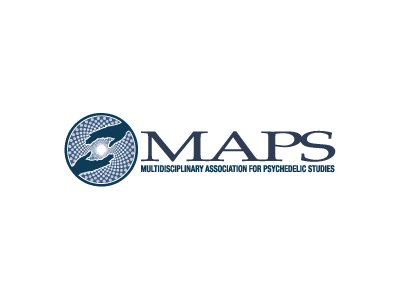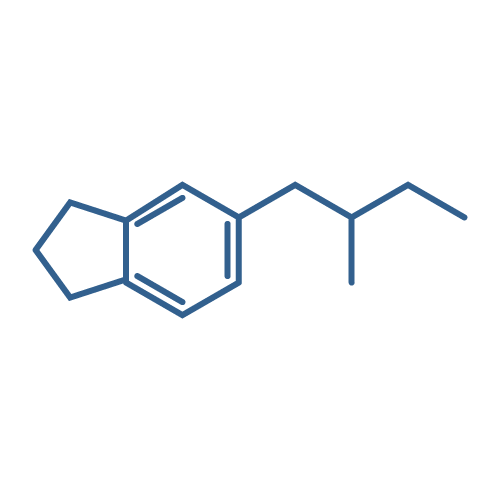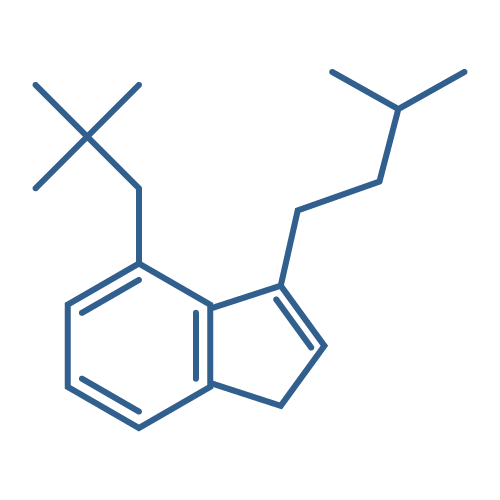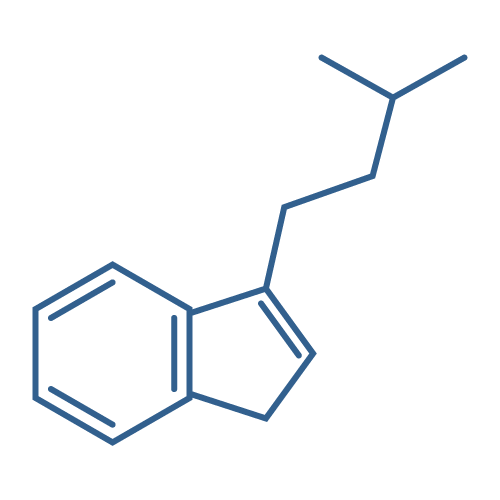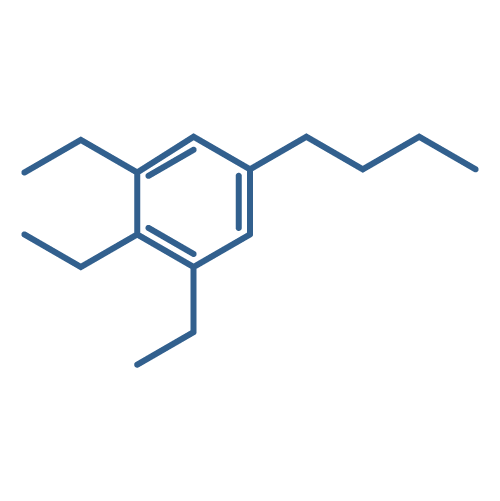Stay informed
MDMA
welcome to the PMA resource library
Intro
The compound 3,4-methylenedioxy-methylamphetamine, commonly referred to as MDMA, is a classical empathogen-entactogen drug discovered in the early 20th century that has recently come to prominence as a promising treatment for PTSD and other mental health conditions.
The History of MDMA
Unlike psilocybin, which occurs naturally in certain mushroom species, MDMA is a synthetic substance that was first synthesized by the German pharmaceutical company Merck in 1912. Initially synthesized and patented as an intermediary in the development of a clotting agent, MDMA was not studied as a substance in its own right until later in the 20th century, with some early research taking place in 1920s Germany and in America beginning in the 1950s. These initial studies focused on the physiological effects of the drug, with potential therapeutic applications for mental health conditions not yet explored.
Recreational use of the entactogen began to take off in the late 1960s in the US, with a significant user base developing by the 1980s. Prior to the DEA scheduling of the substance in July 1985, many psychiatrists and psychotherapists had taken note of MDMA and were conducting independent research and using the drug informally in their practices. Having seen the untapped healing potential of this entactogen, these therapeutic professionals protested when the DEA first proposed scheduling it in 1984.
In the decades since the scheduling of MDMA, illicit recreational use has continued, notably in rave subcultures in the 1990s. It wasn’t until the beginning of the 21st century that scientific research into this fascinating drug resumed, with the first MAPS trial of MDMA for PTSD being conducted in 2004. Since then, with the MAPS trials showing promising results, therapeutic interest in MDMA has only increased.
How is MDMA Administered?
In both recreational and medical contexts, MDMA is consumed orally. Common doses range anywhere from 50mg on the lower end to over 200mg as a heavy dose of the entactogen. In therapeutic contexts, MAPS provided patients with either 80mg or 120mg doses at the beginning of the session, with optional supplemental doses of 40mg or 60mg being provided one and a half to two hours into the experience. Since there are individual differences in how patients respond to the drug, this dosing protocol allows therapists to adapt to the needs of the client to ensure that a sufficiently deep experience is achieved without jeopardizing their comfort or safety. In terms of the onset of the entactogen, patients will begin noticing effects twenty to seventy minutes after ingestion, with the total duration of the drug experience lasting between three to six hours.
Is MDMA Legal
As mentioned, in the United States, MDMA was scheduled by the DEA in 1985, with the drug being placed in Schedule I. The following year the United Nations Commission on Narcotic Drugs likewise designated MDMA as a Schedule I, leading to significant global restrictions on the drug.
Unlike other prominent psychedelic substances such as psilocybin, MDMA has not seen success in legalization or decriminalization efforts. Besides a handful of areas globally that have instituted broad decriminalization measures, MDMA remains an illegal substance. However, change may be on the horizon as in 2017 the US FDA designated MDMA-assisted therapy for PTSD a Breakthrough Therapy—a designation which will open the doors for rescheduling and lawful medical use of the substance in therapeutic contexts.
MDMA Pharmacology
MDMA is an empathogen-entactogen in the amphetamine class with stimulant properties. It shares some structural similarities with the serotonergic psychedelic mescaline which explains some of the quasi-psychedelic effects of the drug. MDMA acts as a releasing agent for serotonin, increasing the presence of this neurotransmitter in the brain while also inhibiting its uptake into neurons. MDMA has a similar action as both a releasing agent and reuptake inhibitor for the neurotransmitters dopamine and norepinephrine, though the drug’s affinity for serotonin transporters is much stronger than for the transporters of either of these other monoamine neurotransmitters, leading to primarily serotonergic effects.
Is MDMA Harmful?
In the course of recent psychedelic research, MDMA has been found to be well tolerated by patients. In their trials, MAPS reports only one serious adverse reaction in their population of approximately 1,700 therapeutic subjects. However, the drug is not entirely without associated harms and abuse of the substance can lead to a number of deleterious health effects. In recreational contexts, one of the major risks is consuming adulterated or misrepresented drugs, particularly in the case of pressed MDMA pills commonly referred to as ecstasy. As such, harm reduction advocates emphasize the importance of chemically testing substances to better verify the identity and purity of the substance.
When it comes to recreational use, there is a concern about the abuse potential of MDMA. Unlike serotonergic psychedelics which don’t lend themselves to the habit formation associated with substance use disorders, MDMA does have addictive potential, and as such users may experience cravings and withdrawal following regular use.
Additionally, recent studies suggest that the phenomenon of MDMA hangovers, often called “blue Mondays” where users report feeling down following MDMA use, may be attributed to specific elements in the context of typical recreational use (like dehydration and lack of sleep) rather than an intrinsic feature of the substance itself. In fact, many patients who’ve experienced MDMA-assisted therapy instead report an uplifting afterglow following their sessions with the drug.
Interactions Between MDMA and Other Medications
As MDMA therapy continues to increase in notoriety and more patients are able to access this treatment modality for various mental health conditions, it is important that physicians and therapists are aware of interactions between MDMA and other medications patients may be using. In this regard, SSRIs are particularly relevant. Though there is a small danger of serotonin syndrome in combining MDMA with SSRIs, these common antidepressant medications more likely blunt the effects of MDMA leading to a significantly less effective therapeutic treatment. As such, patients interested in pursuing MDMA therapy who take SSRIs will need to work closely with their physicians to safely taper off this medication prior to their therapeutic MDMA sessions.
More concerning is the interaction between MDMA and MAO inhibitors. This combination has resulted in a number of fatalities due to complications resulting from serotonin toxicity. The antidepressants bupropion, sertraline, venlafaxine, and citalopram have also been correlated with increased odds of fatality in the case of MDMA consumption.¹
In the case of recreational users, combining MDMA with other substances presents a number of dangers. Notably, mixing alcohol with the entactogen increases the risk of dehydration and hyperthermia which can quickly become medical emergencies.
Current MDMA Research
As researchers continue to study the therapeutic potentials of MDMA a more precise picture will develop of the medical uses and possible risks of this entactogen. The MAPS trials which led to the FDA Breakthrough Therapy designation have already shown the potential for this drug in treating PTSD—a historically difficult-to-treat condition. Other studies have explored the use of MDMA-assisted therapy for other mental health conditions, and while these results will need to be replicated in double-blind placebo-controlled trials and further explored in meta-analyses, the initial data is quite promising. Following the Breakthrough Therapy designation, MDMA research will continue to flourish and explore new avenues, with patient options likely to expand significantly in the coming years.
Links
MDMA
Join the discussion. Have your say and share your thoughts with like-minded medical professionals.

